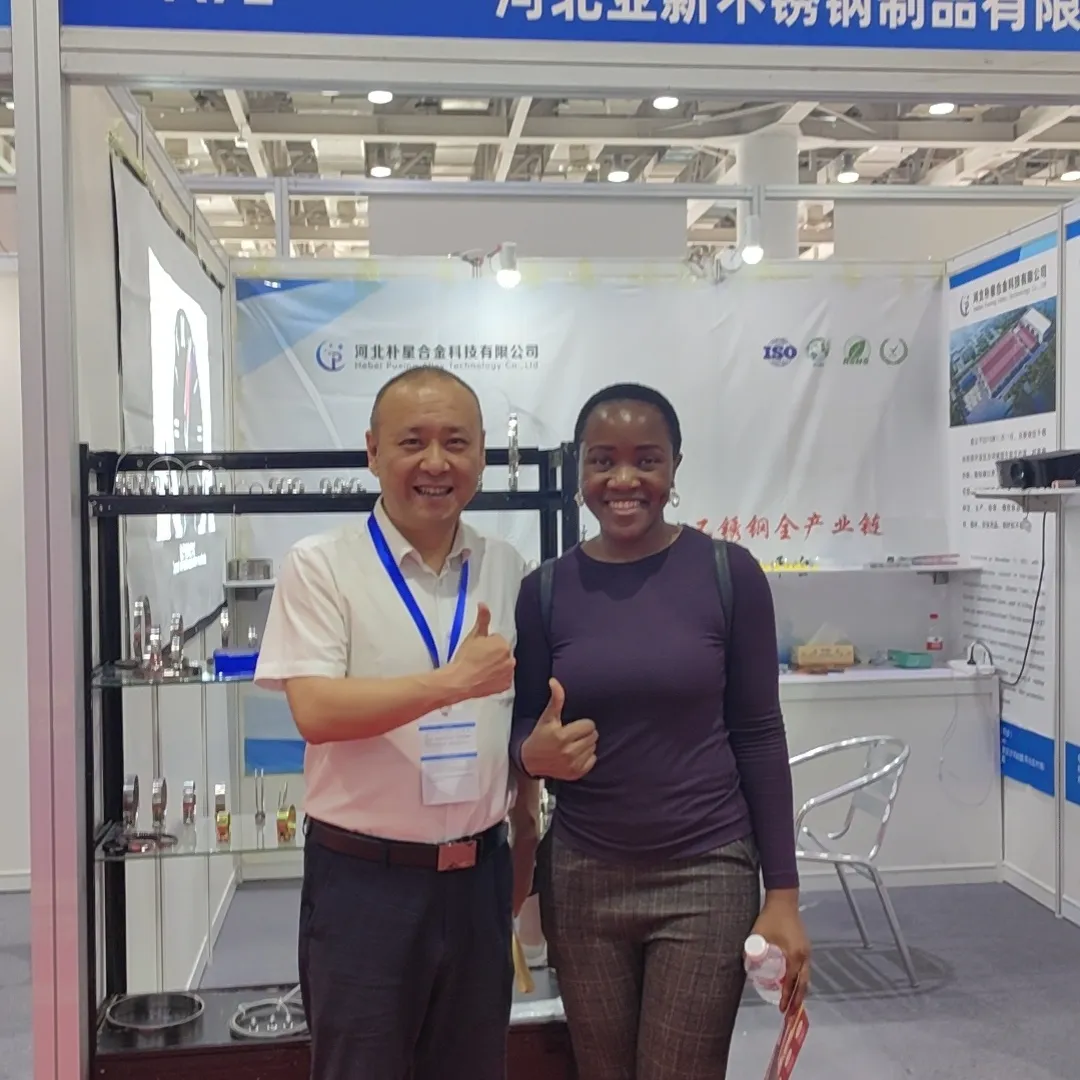- Phone:+86-17331948172 +86-0319-8862898
- E-mail: inquiry@puxingclamp.com
Dec . 14, 2024 10:26 Back to list
Manufacturers of Constant Torque Hose Clamps for Reliable Performance and Durability
Understanding Constant Torque Hose Clamps Advantages and Applications in Manufacturing
In the world of mechanical engineering and manufacturing, effective fastening solutions are a necessity. Among the various fastening devices available, constant torque hose clamps stand out for their reliability and efficiency. Many factories produce these specialized clamps, each applying various technologies and materials to meet specific industry needs. This article will delve into what constant torque hose clamps are, their advantages, how they are produced in factories, and their applications across different sectors.
What are Constant Torque Hose Clamps?
Constant torque hose clamps are innovative fastening devices designed to maintain a consistent clamping force on hoses and pipes as temperature and pressure fluctuations occur. Unlike traditional hose clamps that can loosen over time or under varying conditions, constant torque clamps automatically adjust to maintain an optimal grip. This feature is especially critical in applications where the failure of a hose connection could lead to leaks, system malfunctions, or safety hazards.
Advantages of Constant Torque Hose Clamps
1. Reliability One of the primary advantages of constant torque hose clamps is their reliability. These clamps are engineered to adapt to changes in hose diameter caused by thermal expansion or contraction. This capacity to self-adjust significantly reduces the risk of leaks, ensuring that fluid or gas transmission remains uninterrupted.
2. Ease of Installation Many designs of constant torque clamps feature user-friendly mechanisms that simplify installation. This ease of use can result in reduced labor costs during assembly and maintenance, making them a preferred choice in many manufacturing environments.
3. Durability Made from high-quality materials such as stainless steel or specialized polymers, constant torque hose clamps are designed to withstand harsh environmental conditions. This durability makes them suitable for various industries, including automotive, aerospace, and chemical processing.
4. Versatility These clamps can be used for a broad range of applications, accommodating different hose materials and sizes. This versatility allows manufacturers to standardize their inventory, reducing the need for multiple types of clamps for varying applications.
constant torque hose clamps factories

Manufacturing Process in Factories
The production of constant torque hose clamps involves several steps, beginning with the selection of appropriate materials. Factories utilize advanced machinery to cut, shape, and finish these materials precisely. Common manufacturing processes include
- Stamping and Forming This process involves the use of specialized dies to cut and shape the raw material into the desired clamp configuration, ensuring uniformity in size and strength.
- Heat Treatment To enhance the strength and reliability of the clamps, heat treatment processes are employed. This step is critical for ensuring that the clamps can perform under high-pressure conditions without compromising function.
- Assembly After individual components are produced, they are assembled with integral features that allow for the constant torque function. This assembly is meticulously done to ensure that the mechanisms function flawlessly.
- Quality Control Factories implementing constant torque hose clamps prioritize quality control. Each clamp undergoes rigorous testing to ensure that it can withstand operational conditions. This testing phase is crucial for maintaining safety standards and meeting industry regulations.
Applications Across Industries
Constant torque hose clamps find applications in a myriad of industries. In the automotive sector, they are commonly used to secure hoses in engine assemblies and cooling systems. In aerospace, reliability is paramount, making these clamps ideal for fuel and hydraulic lines. The chemical processing industry also benefits, as constant torque clamps can contain corrosive fluids without risk of failure.
In conclusion, constant torque hose clamps are an essential component across various manufacturing landscapes. Their ability to provide reliable, adjustable clamping solutions makes them superior to traditional hose clamps. As factories continue to innovate in manufacturing processes, the demand for these clamps will likely grow, further solidifying their place in the modern manufacturing ecosystem. Whether in automotive, aerospace, or chemical industries, constant torque hose clamps demonstrate the perfect blend of functionality and durability, ensuring safety and efficiency in critical applications.
-
High Quality Precision Stainless Steel Strip - GPT-4-Turbo Grade
NewsAug.02,2025
-
Heavy Duty Hose Clamp | Premium Durability & Security
NewsAug.01,2025
-
Large Stainless Steel Adjustable American Type Hose Clamp - Hebei Pux Alloy Technology Co., Ltd.
NewsAug.01,2025
-
Large Stainless Steel Adjustable American Type Hose Clamp - Hebei Pux Alloy Technology Co., Ltd
NewsAug.01,2025
-
Large Stainless Steel Adjustable American Type Hose Clamp - Hebei Pux Alloy Technology Co., Ltd.
NewsJul.31,2025
-
Large Stainless Steel Adjustable American Type Hose Clamp - Hebei Pux Alloy Technology Co., Ltd | Corrosion Resistance, High Torque
NewsJul.31,2025




